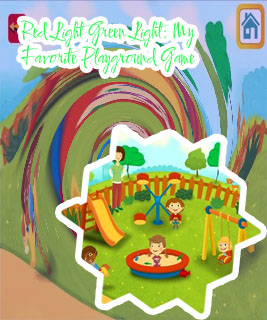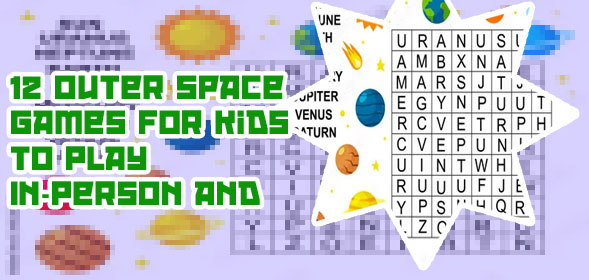- Unity games
- Game online pc
- Shooting games
- Guardians games
- Tom games
- Gun games
- Car racing games free
- Toy theater math games
- Best need for speed game
- Playing basketball
- Kitchen games
- Plants vs zombies garden warfare
- Play spider solitaire
- Bike racing game
- Dallas cowboys game
- Idles games
- Golf games
- Game spinner
- Cafes games
- Hungry games
- Georgia game
- Bakugan game
- Rhythms games
- Life simulation games
- Free mario games
- Co op games
Playground games for kids

6 Classic Playground Games to Teach Your Kids
For a home version of this game, make sure each student has a set of word cards. Have them lay the cards out, word side up, in front of them. Have somebody else read the definitions to them (if you are working with students remotely, you can read the meanings), while students slap each word as they match it to the meaning. Word space game Of all the activities we have done to learn about space, I don’t think any was as eagerly anticipated as this one was. My kids were so excited about making a model solar system it was crazy. I absolutely loved their enthusiasm for this project and I loved how excited it made my daughter, in particular, to continue learning about all things space-related. Her model solar system now hangs in her room. Read more. . .
Space games for kids
Lightbot serves as a modern-day version of Q-Bert, with players having to use math-based codes in order to solve a series of puzzles. There's not a frame of violence here, and while it can take a little while to get used to all of the commands, everything becomes incredibly intuitive after a while. Disney Dreamlight Valley offers up a decidedly less educational experience, but its charming visuals and loveable cast of fan-favorite Disney characters make it a great PC game for young children nonetheless. Fun For All Poio is an educational game with a hefty price tag and a ton of content. It wants to teach kids how to read and it seems like the game goes through the whole process. The game continually adapts to your child as the child learns. Thus, it’s always providing a challenge. By the end, your child should be able to read the storybook to you rather than the other way around. It doesn’t have a ton of Google Play reviews because of its $18.99 price tag. However, those who took the plunge seem to enjoy the game quite a bit.What is Wordscapes, Everything You Need to Know
I love this list! I am going to be a first year teacher at a middle school in language arts, and I wanted to create a “big kid” word wall with words and definitions I can teach in mini lessons and have students incorporate into their writing. This list makes the most sense to use, and I love your ideas of having students break the word into its parts (teaching them how to identify unknown words they run into later!). I look forward to incorporating this into my editing rotations I have planned where students will be looking for words to “spice up” by exchanging them with higher level vocabulary in their writing. Discover fascinating facts about the universe with our space trivia game! Test your knowledge of planets, stars, galaxies, and more with our space-themed questions. Perfect for astronomy enthusiasts, science classes, a fun family game night or a quiet afternoon with your entire family. Now that you’ve gone through this list of 15 outer space party games and activities for kids you will also want to consider the invitations and food you will serve for the event. Also, remember that you can ask the guests to bring some of the supplies they will need for the activities and be sure they have all dressed accordingly for the fun.
Solar system games for kids
SpaceKids is an interactive cartoon for the MS-DOS developed by Evryware Software and published by MicroProse in 1994. It has a relatively simple control scheme: When input is required from the player, an icon will appear in the corner of the screen with arrows surrounding it. What the arrows do and which arrows can be used vary from screen to screen, and more often than not different arrows will take the story in different directions. When does the next puzzle come out? To play, divide the classroom into four or five groups of four to five children. After this, instruct the children in the group to come up with a word on a specific topic (something they’ve recently learned). Each member of the group should write a word on a piece of paper attached to the forehead of the member on their left (without them knowing what word they got). After this, one by one, students take turns asking yes or no questions (example: Is my word a verb?), trying to guess the words on their forehead.